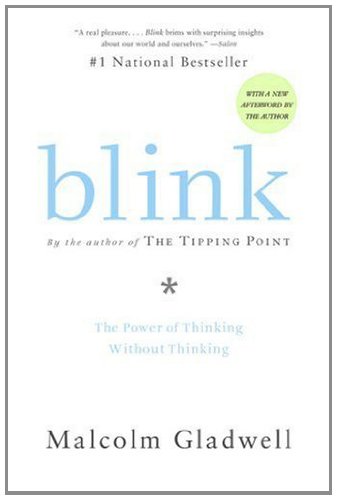Dr. Frank Luntz is a political consultant who studies polls and focuses groups in order to craft arguments. In this excerpt from his book Words That Work, Luntz originally addresses the spouses of Republican men and women of Congress. In 2007, with the media becoming more and more powerful and the presidential election coming in the next year, Luntz informs the congressional spouses that proper word choice is pivotal. In this excerpt, Luntz presents real-word examples in addition to using careful diction to emphasize that sometimes leaving out the right words makes all the difference.
In order to support his claim that “effective communication requires that you stop saying words and phrases that undermine your ability to educate the American people,” Luntz gives a list of what to “never say” versus what one should “instead say” followed by an example that appeals to logos. After one of his lists he writes, “Similarly, ‘capitalism’ reminds people of harsh economic competition that yields losers as well as winners, while ‘the free market economy’ provides opportunity to all and allows everyone to succeed.” He appeals to logos by simply providing what the American people think. He also appeals to pathos with his use of the words “harsh” and “losers”. This lets the spouses realize disdain that the wrong word can cause, causing them to understand how their words can affect an audience. Different connotations of words that mean the same thing can paint a different picture in an audience’s mind. After further establishing his ethos by mentioning his involvement in a “language creation effort involving environmental issues”, he goes on to give another example of how the wrong word can create the wrong picture. “‘Drilling for oil’ causes people to paint a picture in their minds of an old fashioned rig… ‘Exploring for energy’ conjures a picture of twenty-first technology…”. Placing the words “drilling” and “exploring” and “oil”and “energy” right next to each other gives the congressional spouses the opportunity to analyze the differences in the effects of the phrases that mean essentially the same thing. Also, Lentz’s juxtaposition of the terms “old” and “twenty-first century” in his analysis provides the spouses with the mindset of their own audience, the American people. With his specific examples and careful word choice, Lentz effectively conveys the right words have the right meaning and the wrong words don’t.
